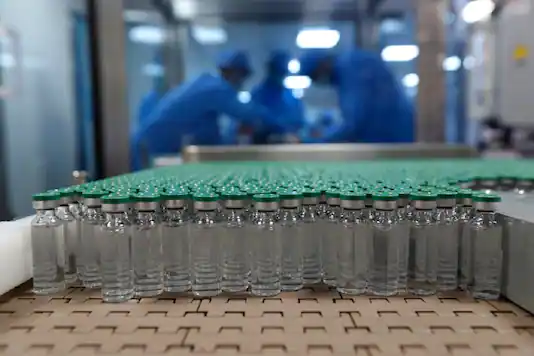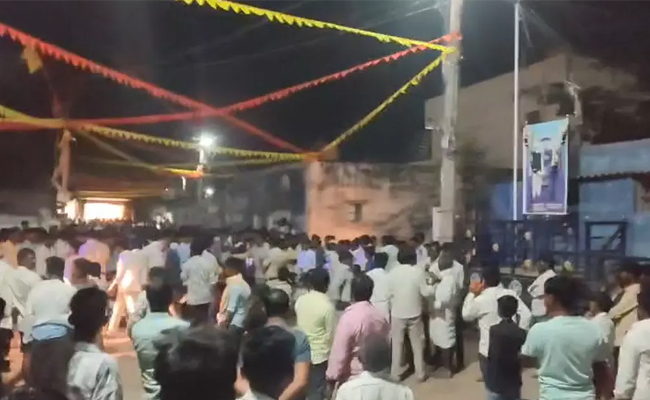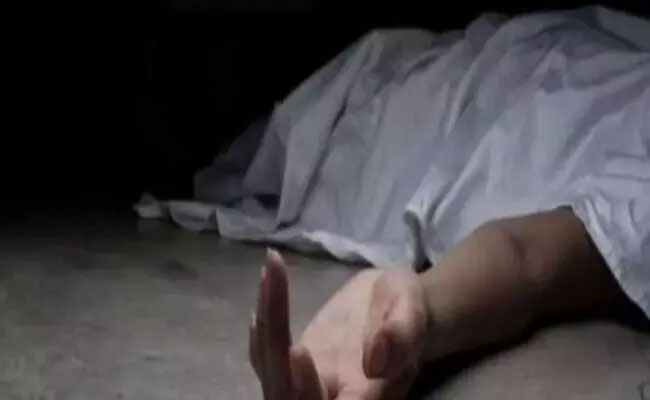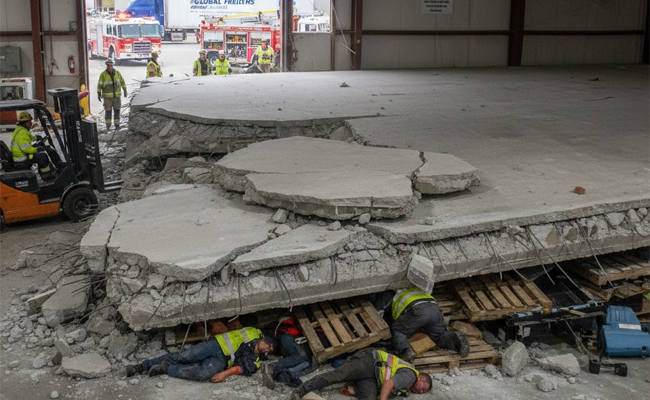New Delhi, Apr 20: A day after the government tweaked its COVID-19 vaccination policy to widen the coverage, the Congress Tuesday alleged the changes will worsen the inequality between states as well as between poor and rich Indians, and demanded uniform pricing for the jabs at all health facilities.
Questioning the pricing modalities under the new policy, which allows manufacturers to fix the prices of their shots, the Congress said the plan was "regressive, inequitable and anti-competitive".
The party also said the new policy would put additional burden on states which are already cash-strapped.
The Centre announced Monday that all above 18 years of age will be eligible for COVID-19 vaccination from May 1, while private hospitals and states will be able to buy doses from manufacturers.
It also said the vaccine manufacturers would be free to supply 50 percent doses to state governments and in the open market for which they will have to make an advance declaration of the price before May 1.
"This is a government that believes in one nation one tax', one nation one election', but this is a government that does not believe in ''ne nation, one price'," Congress leader Jairam Ramesh told an online press conference.
He said the new policy will lead to multiple pricing for COVID-19 shots at central and state government hospitals, and private facilities.
"Why can't we have 'one nation, one price' for vaccines. I think this is a legitimate demand," he said, advocating the Centre, state governments and private hospitals get the shots at the same price.
Ramesh alleged the Central government will get 50 per cent of the vaccines and the rest 50 per cent will be divided among private hospitals and state governments.
"This is very unfair. This is inequitable. We want states to get greater responsibility. But, this is actually not giving the states any responsibility. So 'one nation, one price'. We cannot have 'one nation, multiple prices'," he told reporters.
Chidambaram claimed the Union government has finally acknowledged the problem of vaccine shortage and other deficiencies in the current policy.
"While we welcome the positive changes made to the policy...the modified vaccine policy is, in crucial respects, regressive and inequitable," he said.
"Under the modified vaccine policy, the Union government is running away from taking responsibility, overburdens the states, encourages vaccine manufacturers to profiteer, and will worsen the inequality between states as well between poor and rich Indians," he also said.
Nowhere in the world has any government left its vaccination programme to be determined by the vagaries of market forces, the senior Congress leader noted.
Chidambaram said under the modified vaccine policy, states will bear the responsibility and cost of vaccinating the poorer sections who are below the age of 45 years and are neither healthcare workers nor frontline workers, as defined by the central government.
The former union minister alleged that the Union government appears to have abdicated its responsibility towards the poor by excluding them from the Centre's vaccination programme.
"In a country where the median age is 28 years, to leave those who are below the age of 45 years out of a public-funded programme is, to say the least, callous," he noted, adding that migrant workers who are lifeblood of the economy will be the worst affected by this directive.
Chidambaram also alleged that by liberalising the pricing of vaccine, and by not fixing a price for states at the same rate as it is available to the Union government, the government is paving the way to unhealthy price bidding and profiteering.
"States with limited resources will be at a considerable disadvantage. States that are already weighed down by shrinking GST revenues, lower tax devolution, reduced grants-in-aid and increased borrowing would have to bear this additional burden," he said, questioning where the funds collected under PM-Cares have been spent.
Let the Truth be known. If you read VB and like VB, please be a VB Supporter and Help us deliver the Truth to one and all.
Koppal: Tension prevailed in Halwarti village of Koppal taluk after a clash reportedly broke out between members of Dalit and upper-caste communities over the hoisting of an Ambedkar flag during the Beeralingeshwara fair.
According to police, a verbal argument between youths from the two communities escalated into a physical confrontation, leading to unrest in the village.
In a related development, it has been alleged that members of the upper-caste community entered the house of a Dalit youth, identified as Gavisiddappa Hosamani, damaged the door and vandalised the front portion of the house.
As a precautionary measure, additional police personnel have been deployed in the village to maintain law and order.
Police said a complaint has been registered at the Koppal Rural Police Station and five persons have been arrested in connection with the incident. Further investigation is under way.





